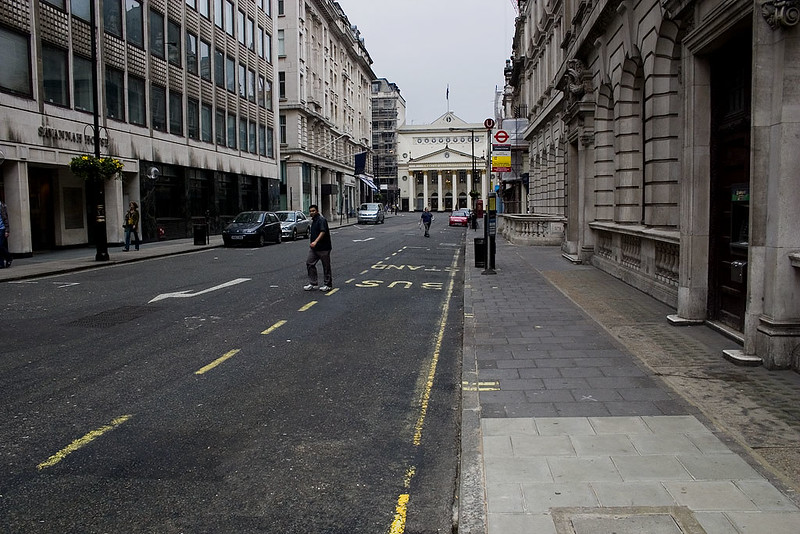UK embraces radical change of transport infrastructure
- May 13, 2020
- William Payne

In order to keep public transport numbers down, the British Government has announced an extra £250 million in emergency funding for e-scooters and plans to fast track safety trials for new models. This new funding is the first phase of a £5 billion programme for new cycling and bus transport infrastructure. As part of plans announced, many roads throughout Britain will be closed to cars, with use now restricted to pedestrians, bicycles, e-scooters and public buses. The Government has also announcement funding and measures to accelerate adoption of electric vehicles and the creation of a nationwide EV charging infrastructure.
The British Government is also consulting with transport technology experts, including Google, Zipabout and Trainline, to develop mobile phone apps and infrastructure to provide real-time alerts to the public on the status of public transport lines and buses, and how busy they are. The aim is to help people stagger their journeys to avoid transport congestion.
The lockdown instituted by the British Government has seen a surge in people walking and cycling. Car use has fallen dramatically since the lockdown, and pollution levels and noise in large cities such as London have fallen dramatically. There has been considerable comment on social media against any return to the pollution and noise levels of before the coronavirus lockdown.
Last month, the UK Government had announced e-scooter trials in four specially designated Future Transport Zones. The Government has now changed the trials so they will take place in every district and local area throughout the country. The accelerated pace could mean that rental e-scooters could be on UK roads by as early as June.
Reducing use of public transport is seen as essential to minimising the risk of coronavirus infections. With social distancing measures in place, only a tenth of passengers would be able to use public transport compared to pre-lockdown figures.
Making the announcement on Saturday May 9th, British Transport Secretary Grant Shapps urged people to walk or cycle, if they could, and to take every measure to avoid using public transport.
However, the UK Government has recognised that for some people, their place of work is too far for them to cycle. The hope is that e-scooters can provide an additional means of transport.
British cities have adopted rental bicycles, with large scale schemes having been rolled out in many cities. However, the UK has shied away from e-scooters over concerns for safety both of riders and pedestrians. There have been several deaths due to e-scooters, including the death of a broadcast journalist last year in London, and the Government has up to now been cautious about allowing e-scooters onto the streets.
The Government has also announced a consultation to accelerate the adoption of electric vehicles in Britain. £10 million extra has been committed immediately to allow local authorities to install some 7,200 on-street residential chargepoints. Further funding is likely when the consultation concludes.
French capital Paris by contrast has already adopted a public e-scooter rental scheme similar to London’s rental bicycle scheme.
The UK Government has fast-tracked statutory guidance to order local councils to redesignate roadspace in their areas for a considerable increase of pedestrian and cycling use. Many streets in UK towns and cities are now likely to become bike, bus and pedestrian only, the Government’s guidance has suggested.




